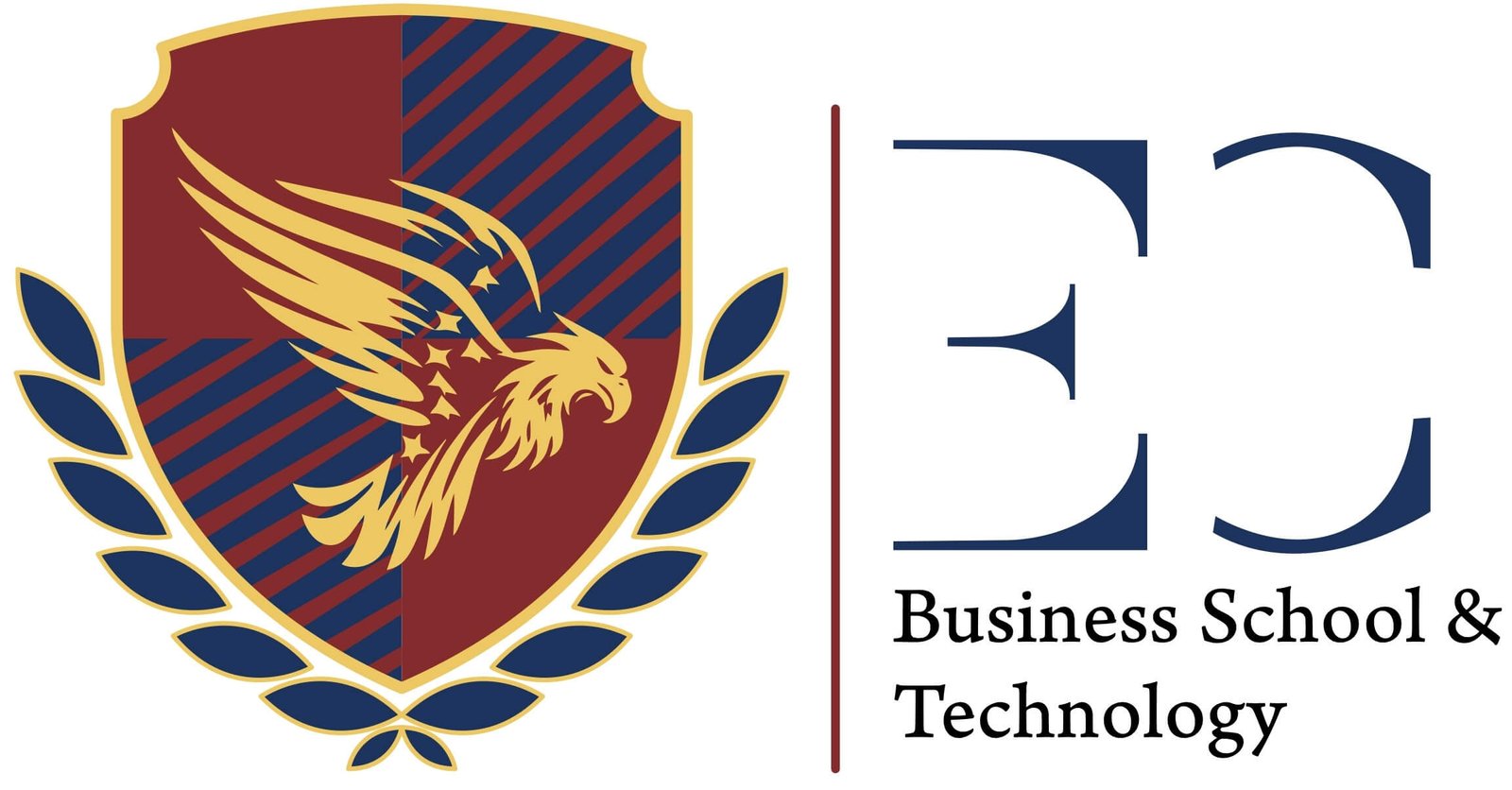- At EC Business School & Technology, we follow the European Credit Transfer and Accumulation System (ECTS) to ensure that academic achievements are recognized across Europe and beyond. The ECTS framework allows for flexibility in learning and facilitates smooth credit transfer for students pursuing international education or career opportunities.
- ECTS is designed to standardize academic workload, making it easier for students to transition between universities and countries while maintaining transparency in their qualifications. It helps measure study programs in terms of student workload rather than just contact hours, ensuring a more comprehensive assessment of learning.
- A full academic year of study corresponds to 60 ECTS credits, which reflects the total workload required, including lectures, assignments, projects, self-study, and assessments.
- 1 ECTS credit = 25-30 hours of total workload
60 ECTS credits = Approximately 1,500–1,800 study hours per year - Each course is assigned ECTS credits based on its workload and complexity. Completing the coursework and achieving a passing grade allows students to earn the allocated credits for that subject.
Grades & Transcripts
Understanding ECTS Credits
How ECTS Works at EC Business School & Technology
- Lectures: (18 hours)
- Self-Study & Research: (50 hours)
- Case Study Workshop & Assignments:(32 hours)
- Exam Preparation & Final Assessment: (50 hours)
Example Course Workload Distribution
6 ECTS Credits Course (~150-180 study hours)
- Lectures & Tutorials: (25 hours)
- Weekly Exercises & Independent Study: (30 hours)
- Project Work & Practical Application:(20 hours)
3 ECTS Credits Course (~75-90 study hours)
Grading System
Our grading follows an internationally recognized scale to ensure fair assessment and academic integrity.
Student performance is evaluated based on coursework, participation, case studies, projects, and final examinations.




